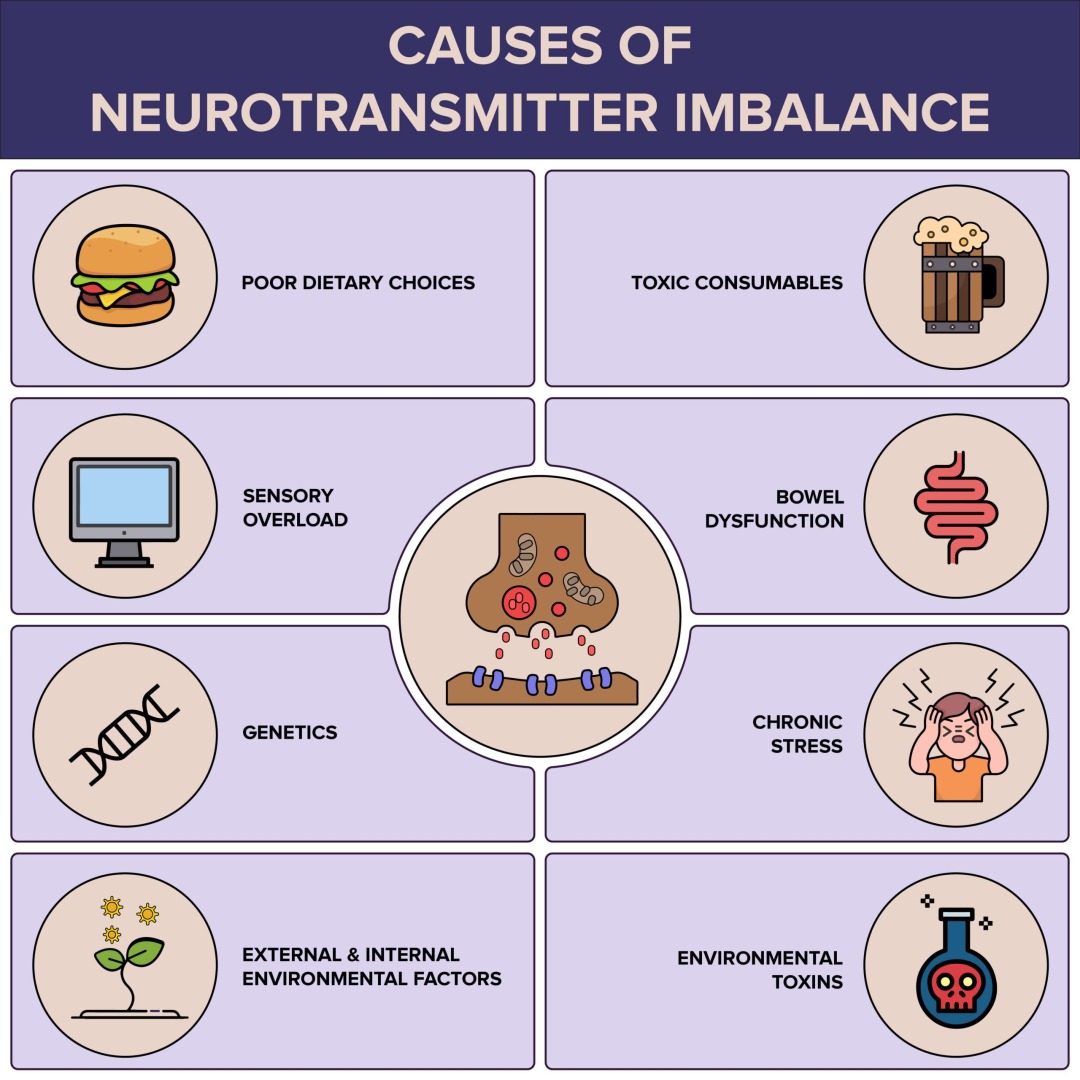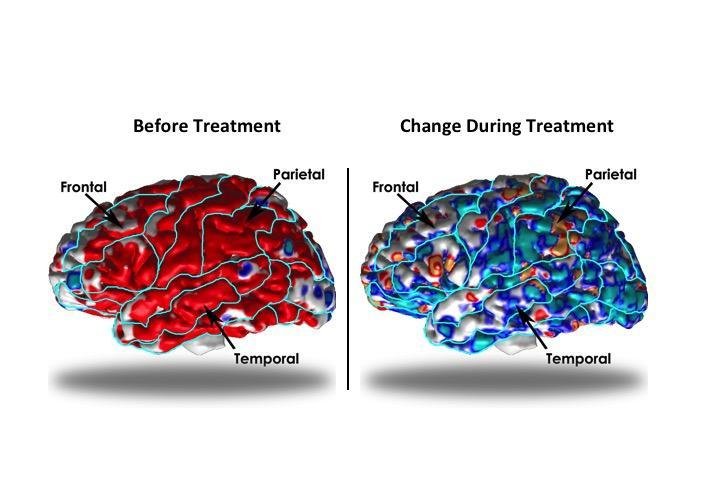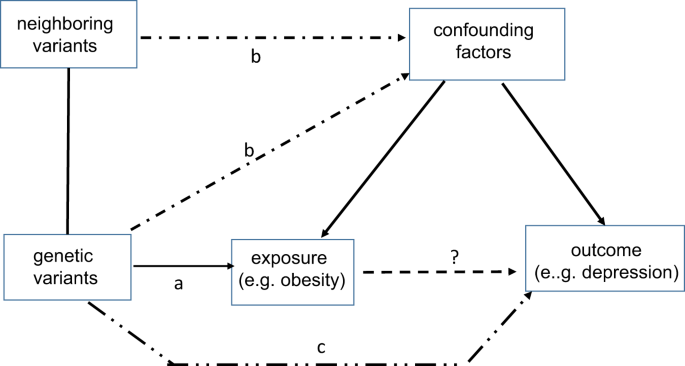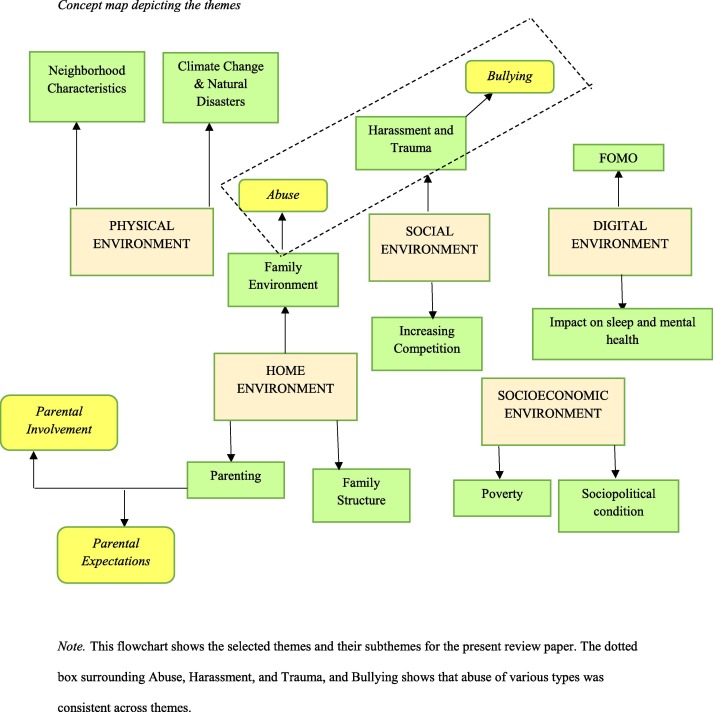Comments
- No comments found

Depression is a mental health disorder that affects millions of people around the world.
It is characterized by feelings of sadness, hopelessness, and a lack of energy and motivation. While depression is a well-known condition, its underlying causes are still not fully understood.
Recent advancements in neuroscience have begun to shed light on the biological and physiological mechanisms involved in depression, offering new opportunities for the development of effective treatments. In this article, we will explore the latest research on the neuroscience of depression and its implications for the treatment of this debilitating condition.

One of the key areas of research in the neuroscience of depression is the role of neurotransmitters, chemical messengers in the brain that play a crucial role in regulating mood and emotion. Imbalances in the levels of certain neurotransmitters, such as serotonin and norepinephrine, have been associated with depression.
For example, the widely used class of antidepressants known as selective serotonin reuptake inhibitors (SSRIs) work by increasing the levels of serotonin in the brain, helping to alleviate the symptoms of depression.

Another area of interest in the neuroscience of depression is the brain structure of individuals with the disorder. Using imaging techniques such as magnetic resonance imaging (MRI), researchers have been able to examine the brain structure of individuals with depression and compare it to healthy individuals.
Studies have shown that individuals with depression tend to have a smaller hippocampus, a region of the brain involved in regulating emotions and memory. In addition, they have shown changes in the activity levels of the amygdala, a region involved in processing emotions such as fear and anxiety.
These findings suggest that structural changes in the brain may play a role in the development of depression, and could offer new targets for the development of treatments.

While the causes of depression are complex and involve a combination of biological, environmental, and psychological factors, a growing body of research suggests that genetics also play a role. Studies have shown that depression tends to run in families, suggesting a genetic component.
More recently, the use of genome-wide association studies (GWAS) has allowed researchers to identify specific genes associated with depression. For example, a study published in 2018 identified over 20 genes that are associated with depression, offering new insights into the underlying causes of the disorder.
These findings have important implications for the development of personalized treatments for depression, allowing healthcare providers to tailor treatments to the specific genetic profile of each individual.

While biology and genetics are important factors in the development of depression, environmental factors such as stress and trauma also play a significant role. Traumatic events such as abuse, neglect, or loss can trigger depression in vulnerable individuals.
In addition, chronic stress has been shown to alter brain structure and function, potentially contributing to the development of depression. For example, a study published in 2016 showed that chronic stress led to changes in the size and activity levels of the hippocampus, a region of the brain involved in regulating emotions and memory.
These findings suggest that addressing environmental factors such as stress and trauma may be an important component of the treatment of depression.
The field of neuroscience has made significant progress in understanding the causes of depression and its underlying biological mechanisms. From the role of neurotransmitters and brain structure to the impact of genetics and environmental factors, the latest research is offering new opportunities for the development of effective treatments for this debilitating condition.
While much work remains to be done, these advancements offer hope for individuals struggling with depression and their families
Felix is the founder of Society of Speed, an automotive journal covering the unique lifestyle of supercar owners. Alongside automotive journalism, Felix recently graduated from university with a finance degree and enjoys helping students and other young founders grow their projects.
Leave your comments
Post comment as a guest